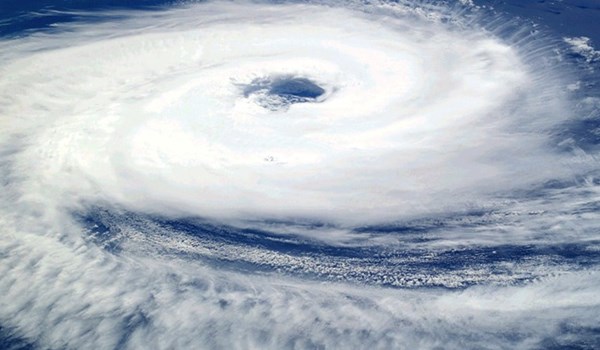Jurisdictions
Regions
Industry Sectors
18/12/19
INSURANCE: Banks and Insurers to Face Climate Stress Tests.

As published on bbc.co.uk, Wednesday December 18th, 2019.
The Bank of England has launched one of the most ambitious attempts to date to quantify the risk that climate change poses to the financial system.
Banks and insurers will face climate stress tests in a similar way to the financial stress tests they already do.
It is a project that could ultimately result in banks and insurers having to hold more capital to do certain kinds of business.
And that could have profound effects on the way the economy is funded.
Bank officials told journalists that the value of every asset on the face of the planet will be affected by climate change. Where values change, there is financial risk and the bank wants to measure it - and then manage it.
Large banks and insurance groups will be asked to go through their balance sheets almost asset by asset to assess the risks posed by a range of climate scenarios.
It's perhaps not intuitive to see how climate change affects financial assets.
Imagine that, after years of Australian bush fires, insurers decide that houses in the country are uninsurable. A house that can't be insured is worth a lot less than one that can. The price plummets, to be worth less than the mortgage the owner has taken out.
The bank that offered that mortgage is left nursing a big loss - and so are all the other banks. Hey hey presto, you have an Australian financial crisis.
You could find examples closer to home. Banks and insurers already look very closely at houses built in flood-affected areas.
If the bank of England decides that it wants them to hold additional capital (effectively financially penalising them for taking that risk) then that insurance and those mortgages will be harder and more expensive to get.
The Bank of England recognises there are two types of financial risk posed by climate change. There are physical risks arising from weather related events - floods, droughts, fire, etc.
And then there are what it describes as transition risks. Things that happen as a result of adjusting to a low carbon economy - meat becoming more expensive, costs incurred in the mandatory insulation of homes.
This is a massive undertaking, and banks and insurers are being consulted on what information is most relevant and how it can best be gathered.
The European Banking Authority is considering doing something similar, while the Federal Reserve is expected to be watching closely.
The Bank insists that this is not primarily an exercise designed to place additional burdens on financial institutions. However, the Bank of England's most powerful regulatory tool is the rules around how much shock absorbing capital it requires them to hold.
Making banks ultimately pay more to finance climate changing behaviour is the kind of powerful stick climate activists have been crying out for.
But it is also the kind of thing that could have unexpected and possibly painful transitional effects.


